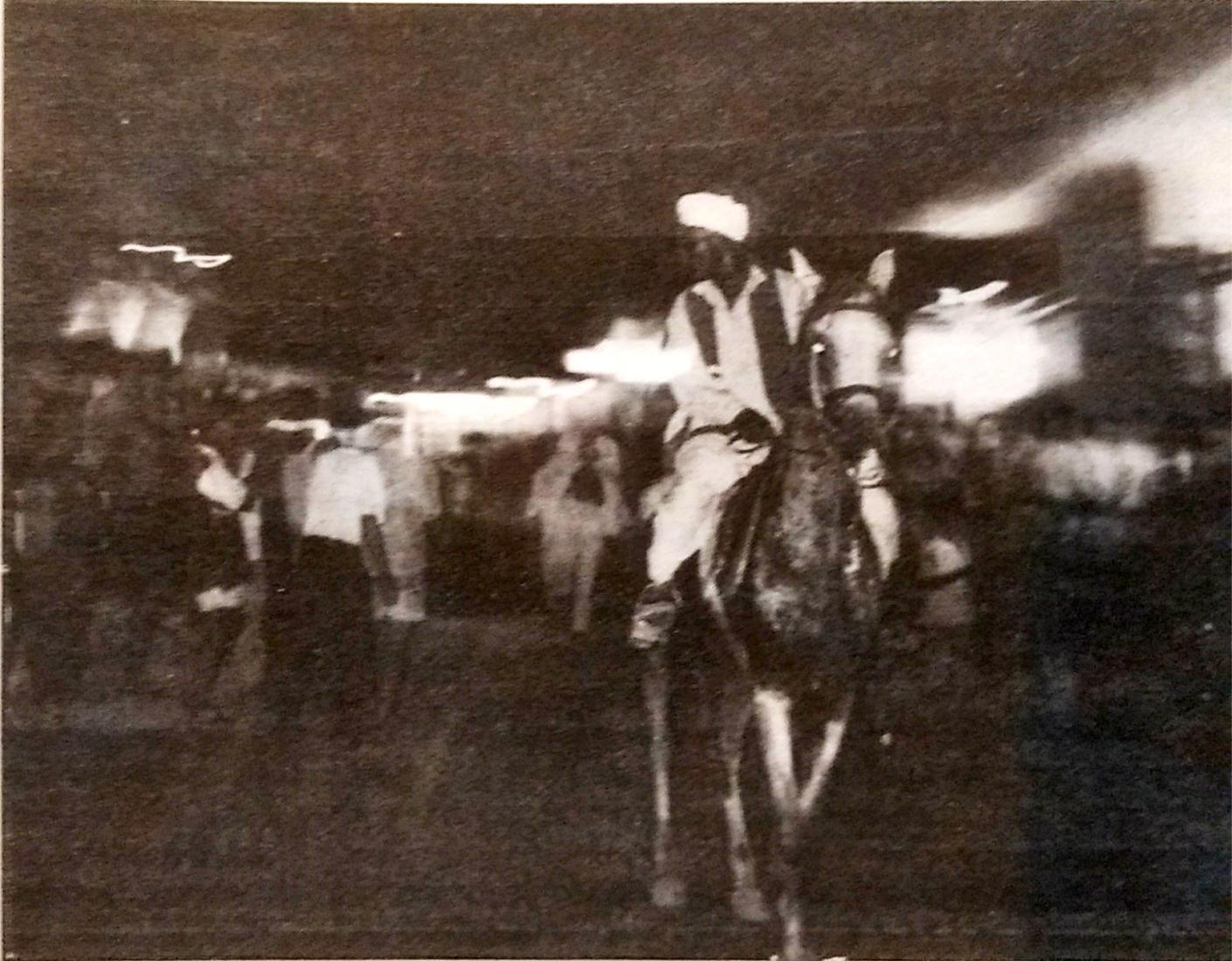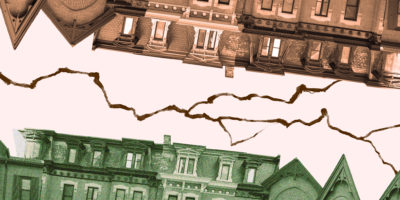By Claire Sibonney
As I walked out from behind the dressing curtain, I immediately turned to my friend for approval. The multicoloured sarong was not my style but it was an exotic look I could have gotten used to. The young man who had just walked in the store must have liked it as well because he proposed marriage to me right then. “Two hundred and fifty camels,” he stated proudly. I didn’t see more than 25 camels in the village of 3,000 in my sta in Dahab. Stunned and confused, I smiled. The man, who was wearing an Arabic kafia over his head, smiled back, showing off his almost full set of teeth.
As most of the world is bustling into the next century, there is a place where you can still take it easy.
Dahab is a tiny Bedouin village in the heart of the Sinai Peninsula in Egypt, just off the coast of the Red Sea. Up the gulf of Aqaba, Dahab arises almost mirage-like from the surrounding desert — it is an oasis for backpackers discovering the Middle East.
The Bedouins — “desert dwellers” in Arabic — are pastoral nomads of the Middle East and North Africa. They wander the desert with their herds of sheep, goats and camels to find grazing lands and water. However, the recent economic development in most Arab countries have made the Bedouin way of life scarce. Now in their new settlements, some Bedouin communities have made their villages into places of leisure for thousands of young tourists who, for a rock bottom budget, can live in a humble paradise.
The long narrow strip which makes up Dahab is a 20 minute walk along the pebble covered shore. The main sandy road in the village is lined with hostels, shops, mini-markets and tent restaurants which offers an escape from the draining desert heat. Along the road there are scuba diving stands (a sport which attracts most of its tourists) and herds of camels sitting idly and relaxed, waiting for their next trek to the nearby mountains.
Most of the rooms for rent do not offer luxurious living. But one of the best places to stay in Dahab was not even a room at all. For $2 a night, you can stay in a straw hut with a few beds of colourful mattresses on concrete blocks, the walls are covered with the simple but elegant Bedouin design of draped fabric.
Part of the Dahab experience requires adopting a restaurant as your home. One of my favourite Bedouin delicacies was fatir with labneh, which is a dusty flatbread and fresh yogurt cheese covered in olive oil. And as any full course meal could run no more than $2, eating is encouraged.
Dahab is renowned for its accessibility to marijuana. Although the Bedouin are Islamic, they have incorporated the drug as part of a carefree culture, which has been embraced by foreigners. You will find the Bedouin shopkeepers smoking Nargila (a large water pipe with extending hose-like mouth pieces) in the middle of the day. The drug is a part of Dahab, an accepted part of the atmosphere. Alcohol, on the other hand, is scarce and hardly missed.
While browsing through one of the art shops, I was drawn to a necklace. It was a simple leather strap with a turquoise scarab — an insect of mystery and good fortune to Egyptian culture — carved out of stone. I was uncertain if I wanted to spend the $5. So the artist insisted I borrow the necklace for a few days and then decide. It was at that moment when I discovered the true fortune behind Dahab — the trust and good will of its people.
While relaxing in one of the tents, a group of young Bedouin girls spotted us and flocked to our table. They did not speak much English but the manage to try and sell us their hand woven bracelets for one pound each. Equipped with their bags of many coloured string, their tiny hands were ideal for weaving the intricate patterns of bracelets, anklets and hair wraps.
Spend a few days in Dahab and time just disappears. Just ask the Australian woman who wanted to stay a week. She was still there six months later. In her early 20, the traveller fell in love with Dahab and the Bedouin people. She didn’t wear make-up and walked around barefoot all day in her bikini top and a towel wrapped around her waist. From the day she arrived to when she took off her watch, she knew she had found heaven.
That woman could have been me. I could be living in the desert life in Dahab, 250 camels richer and married to a strange man. His offer was tempting, but I had to refuse. I guess I will just always be a big city girl, holding on to the fond memories of a distant Arabian land.












Leave a Reply